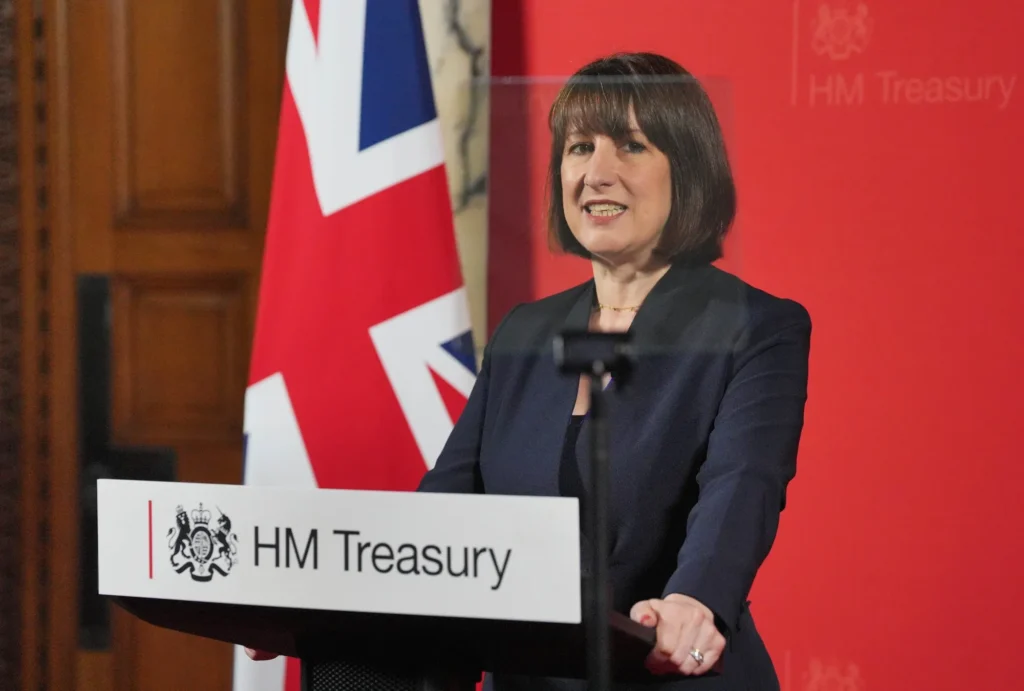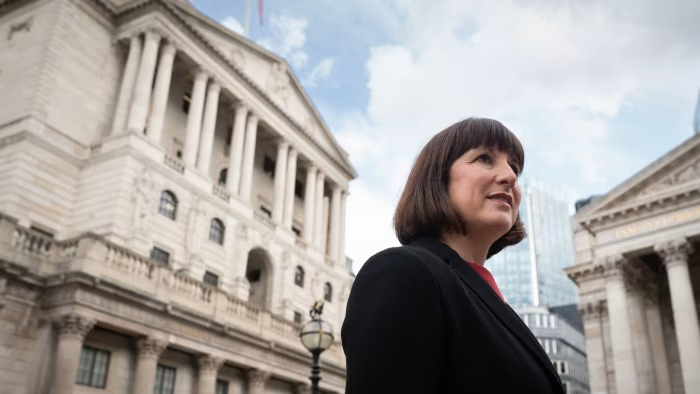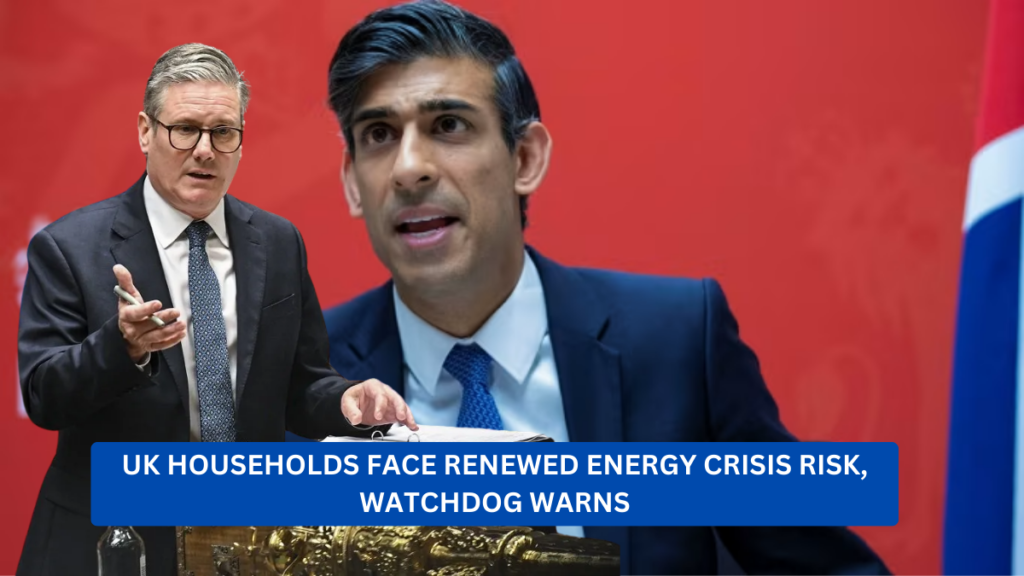The UK’s Public Accounts Committee (PAC) has issued a stark warning about the nation’s ongoing vulnerability to another energy crisis, raising concerns over surging energy debts, high household bills, and inadequate government support. Despite efforts to stabilize the energy market following the 2022 crisis, millions of households remain at risk as the country grapples with unresolved structural issues in energy pricing and supply security.
Mounting Energy Debt and Cost Pressures
A key issue highlighted by the PAC is the significant rise in household energy debt. As of 2024, consumer energy debt in the UK has exceeded £3.7 billion, a figure more than double the £1.8 billion recorded in 2021. This rapid accumulation of unpaid bills underscores the financial strain on households, with many struggling to cover basic electricity and gas costs (Public Accounts Committee).
Adding to the pressure, UK households are facing some of the highest electricity costs in Europe. A PAC report revealed that UK electricity bills ranked as the most expensive among 25 comparable countries in 2023. Currently, electricity costs four times more than gas, further burdening consumers already dealing with high living expenses.
Inadequate Government Support Measures
While the government has taken steps to mitigate the impact of soaring energy costs, the PAC criticized its approach for failing to sufficiently protect vulnerable households. The government previously allocated £44 billion in financial assistance to prevent a full-scale crisis; however, critics argue that the aid was poorly targeted, benefiting some who did not need it while failing to reach those in greatest need.

In response to mounting concerns, the UK government has announced plans to expand the Warm Home Discount Scheme, which will provide support to an additional 3 million households in the upcoming winter. Additionally, £1.8 billion has been earmarked for improving energy efficiency in homes across England (UK Government Energy Security Strategy).
Concerns Over Energy Supplier Practices
Another critical issue raised by the PAC is the inadequate level of support and guidance provided by energy suppliers to struggling customers. Many households facing debt have reported difficulties in accessing repayment plans or receiving proper assistance from their providers. The committee emphasized that energy companies must offer clearer communication and improved repayment options to those in need.
Furthermore, watchdogs have criticized energy suppliers for failing to offer realistic and affordable repayment solutions to customers in debt. The PAC has called for Ofgem, the UK’s energy regulator, to strengthen its oversight and enforcement mechanisms to ensure fair treatment of consumers (Ofgem Official Website).
The Need for Long-Term Energy Security
The PAC’s report stressed the necessity of long-term solutions to address the UK’s energy security challenges. The committee warned that unless substantial changes are made, households will remain vulnerable to future energy price shocks, particularly as global markets remain volatile.
The government has responded by reaffirming its commitment to meeting 95% of the UK’s electricity demand through low-carbon energy sources in the coming decades. The Department for Energy Security and Net Zero insists that expanding nuclear power, wind, and solar energy is the only viable way to reduce energy bills permanently while ensuring sustainability.
What This Means for UK Consumers?

With the energy crisis showing little sign of abating, UK households must remain vigilant and take proactive measures to manage their energy consumption. Here are some key takeaways for consumers:
- Check eligibility for support schemes: Consumers struggling with bills should explore financial assistance programs like the Warm Home Discount, the Energy Price Cap, and fuel vouchers available through local councils.
- Monitor and reduce energy consumption: Small adjustments, such as using energy-efficient appliances and reducing unnecessary usage, can help lower bills.
- Seek repayment support if needed: Households facing financial difficulties should contact their energy providers to negotiate repayment plans and avoid further debt accumulation.
- Stay informed about regulatory changes: Keeping up with Ofgem’s latest policies can help consumers understand their rights and protections in the energy market.
Conclusion
While the UK government has taken steps to alleviate the impact of high energy prices, the PAC’s report serves as a crucial reminder that millions of households remain at risk. Without more targeted financial aid, stronger regulatory enforcement, and a long-term shift toward renewable energy, the UK could face another energy crisis in the near future. As watchdogs continue to push for systemic reforms, it remains to be seen whether policymakers will take decisive action to ensure energy security for all UK residents.

Vikas is a seasoned finance writer with a keen eye for unraveling complex global financial systems. From government benefits to energy rebates and recruitment trends, he empowers readers with actionable insights and clarity. When he’s not crafting impactful articles, you can find him sharing her expertise on Social Media. You can connect with him via email at [email protected].









